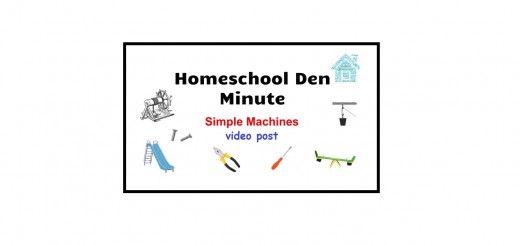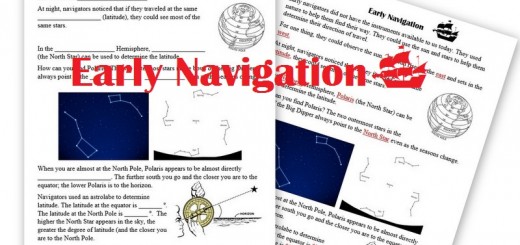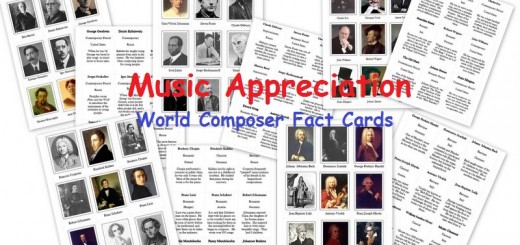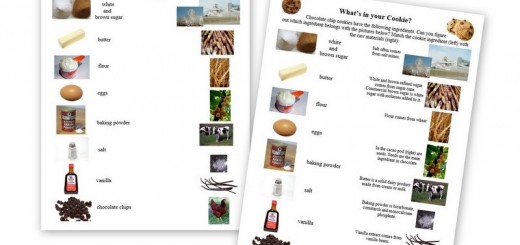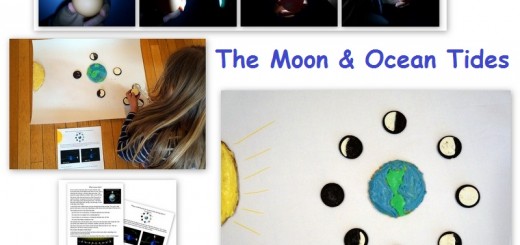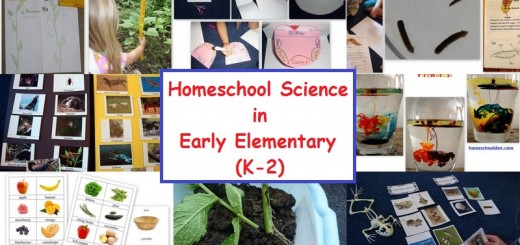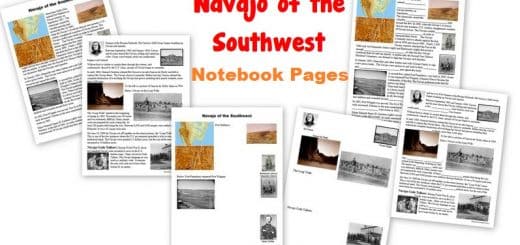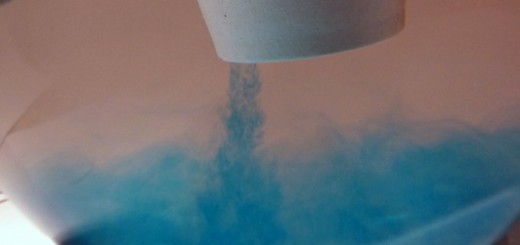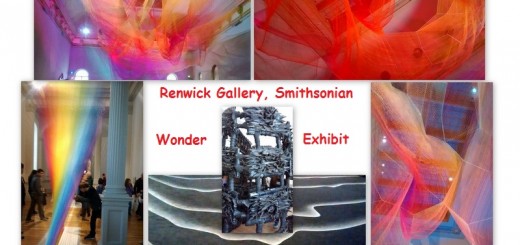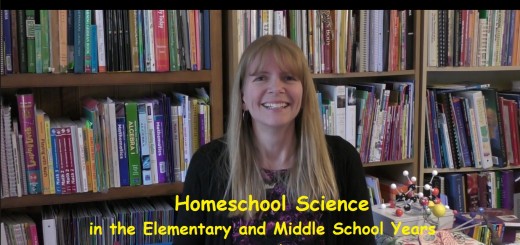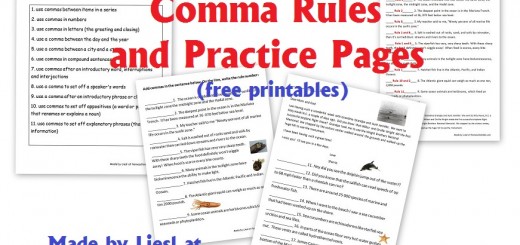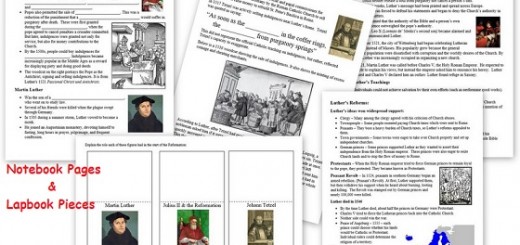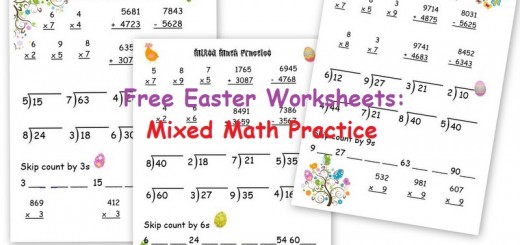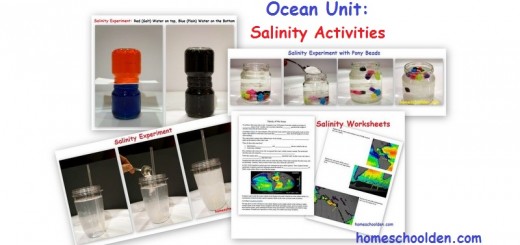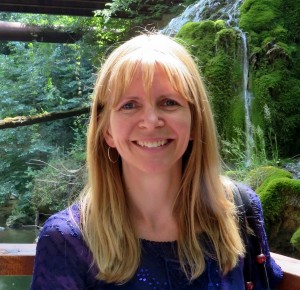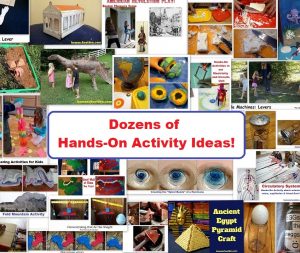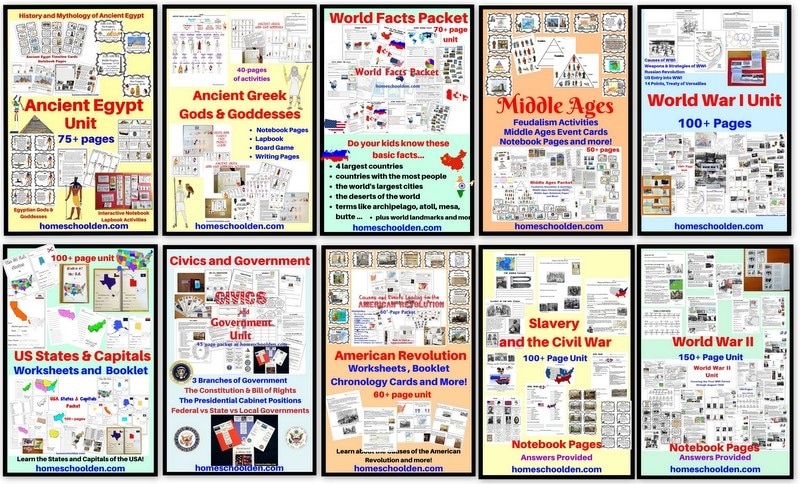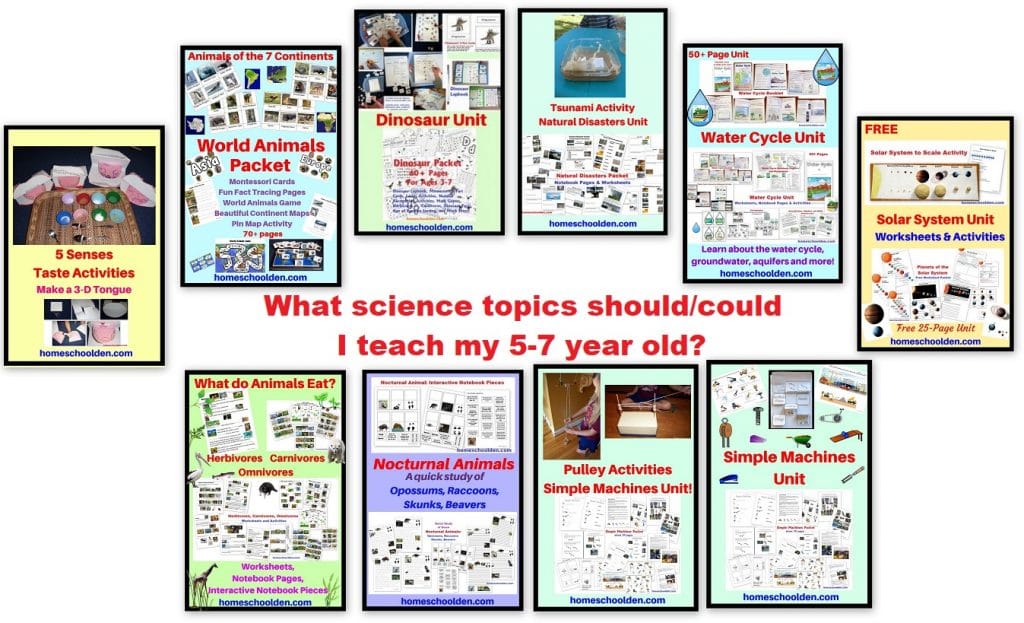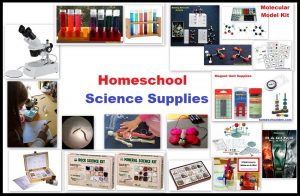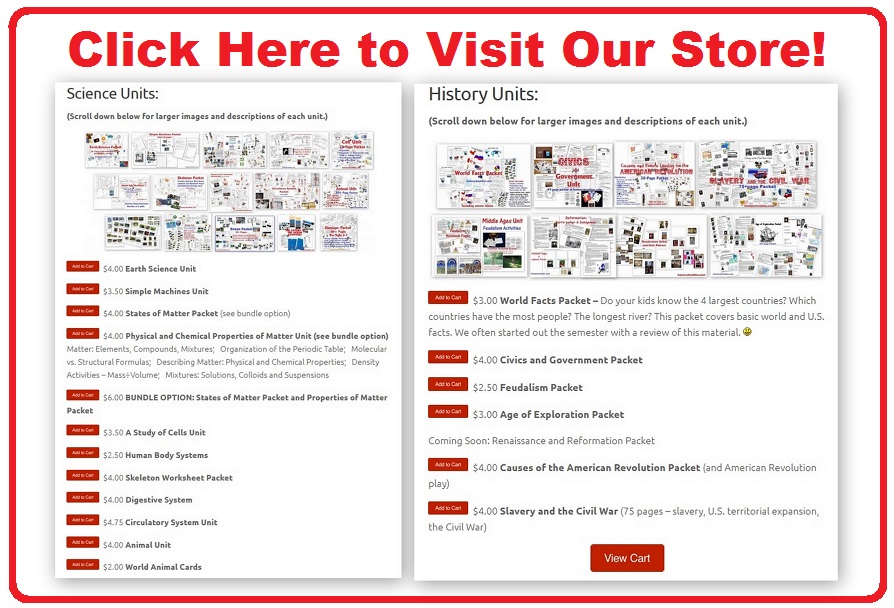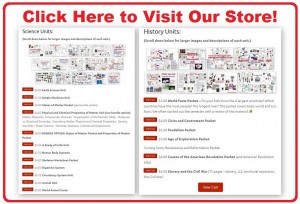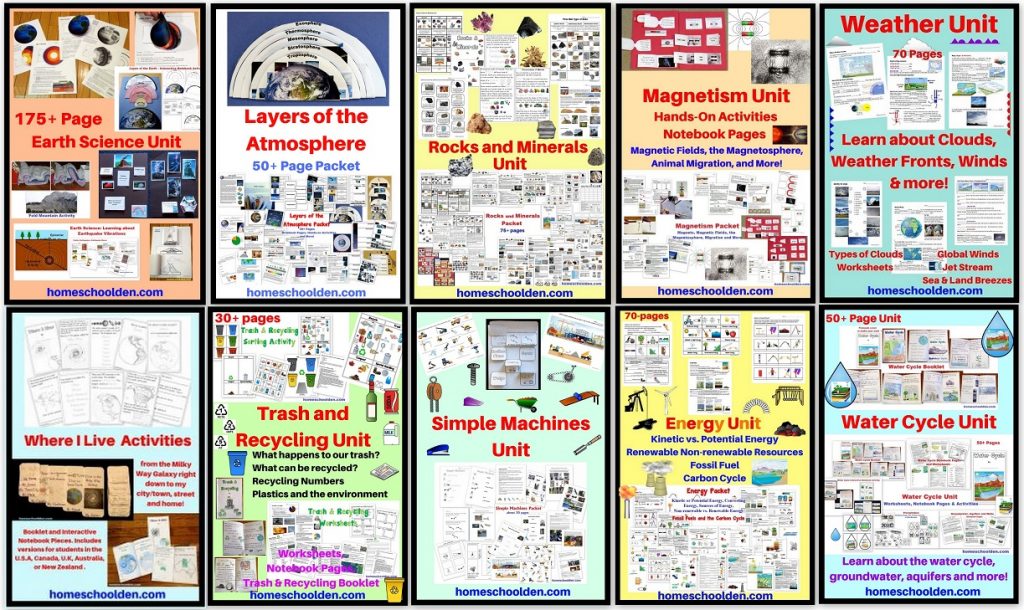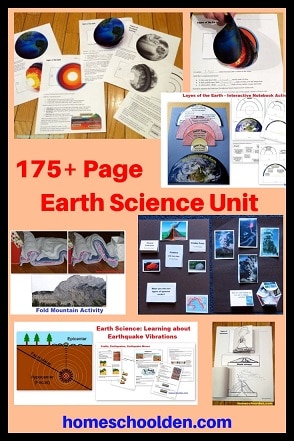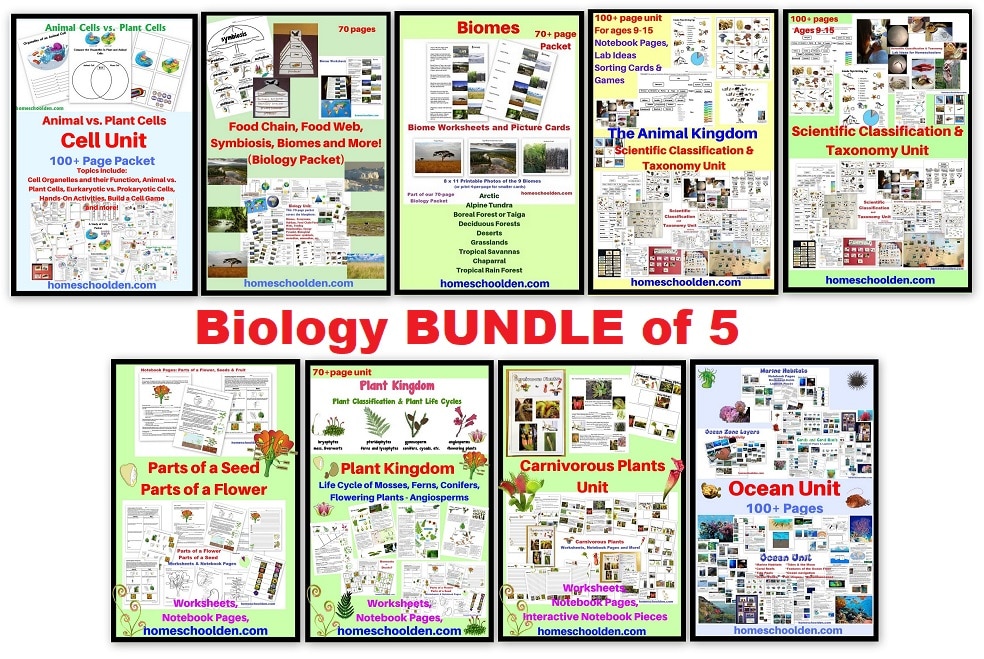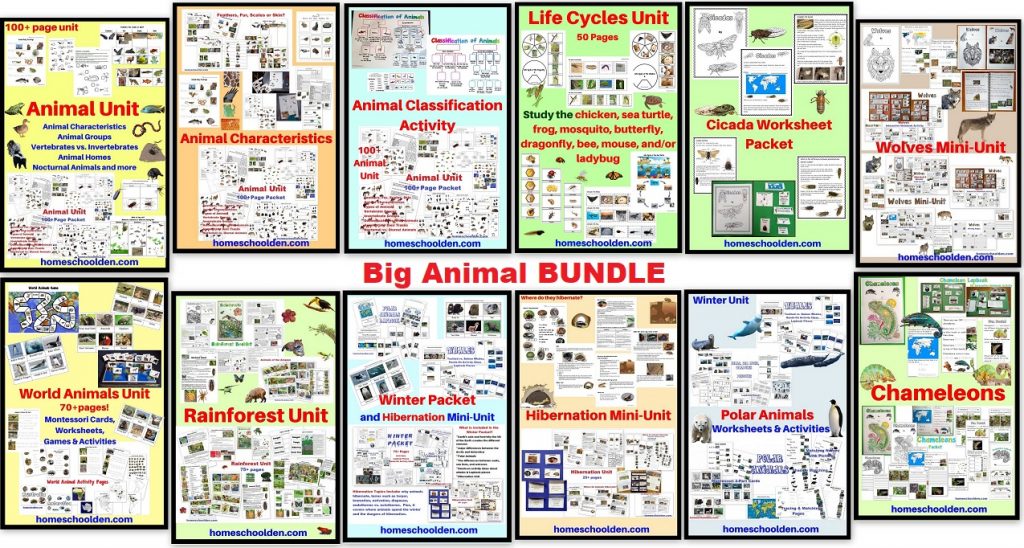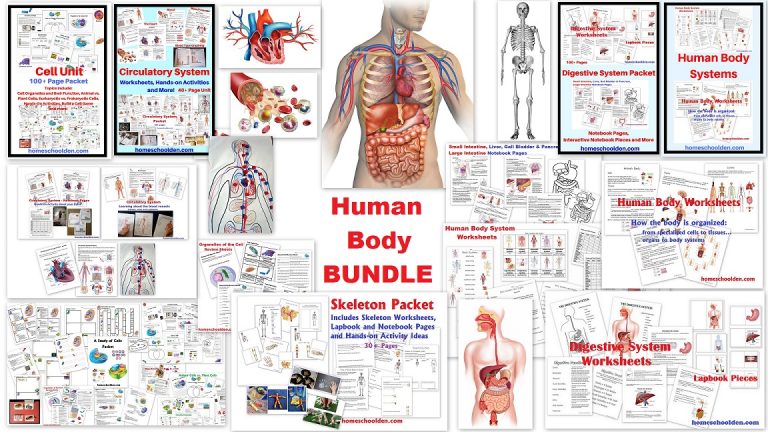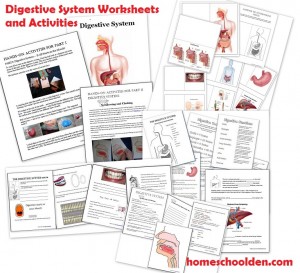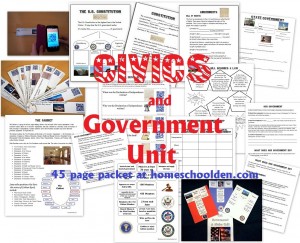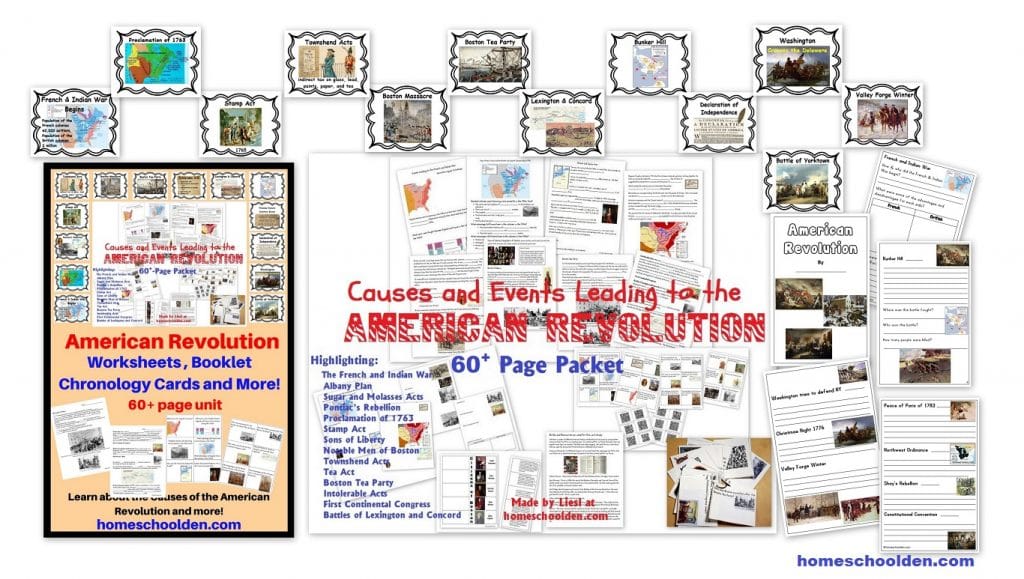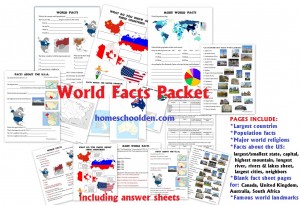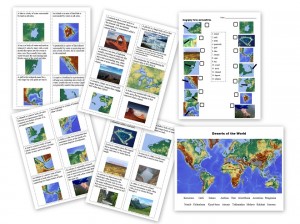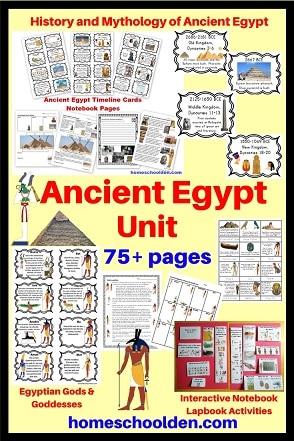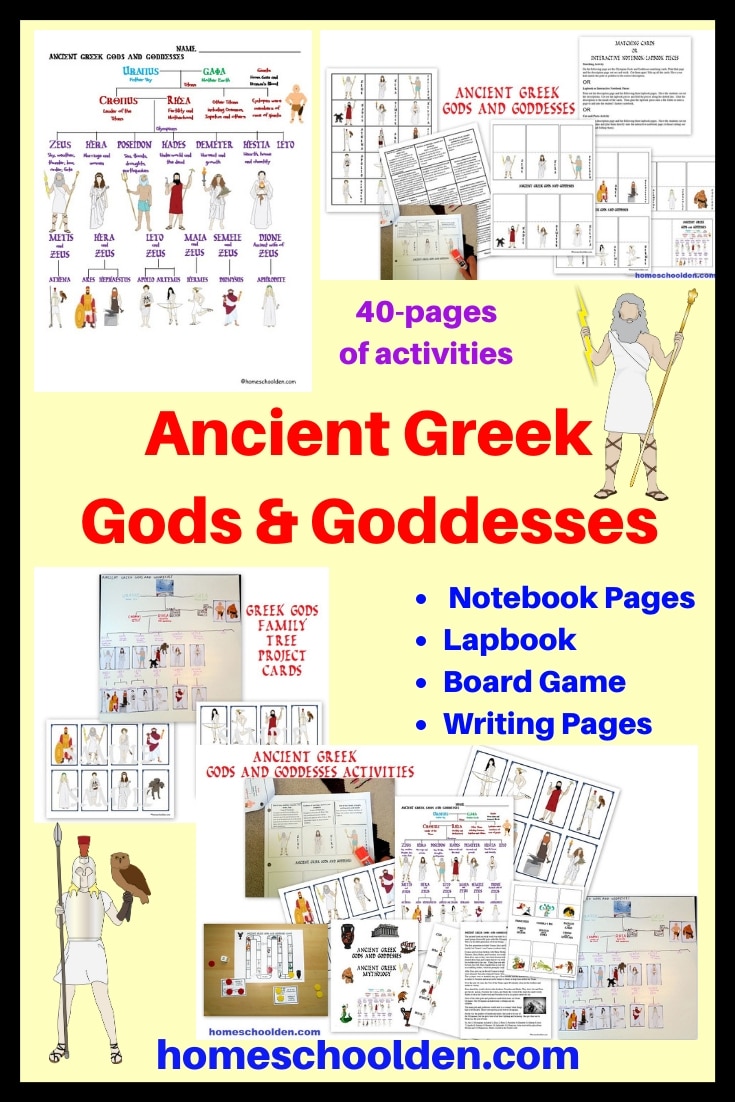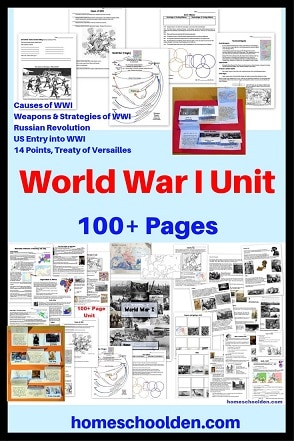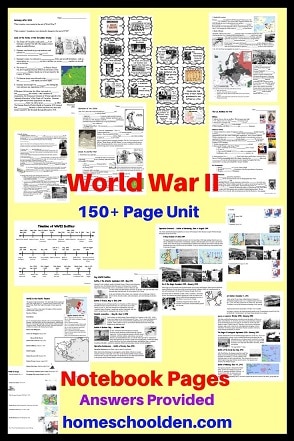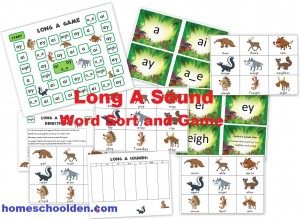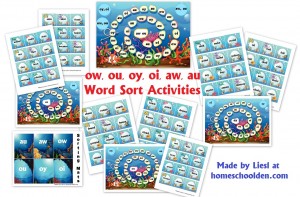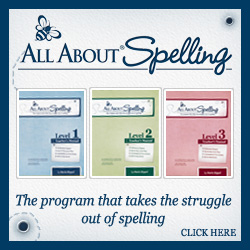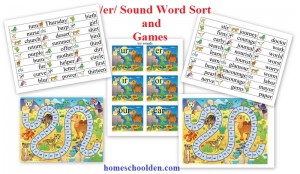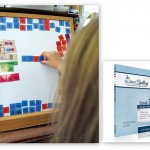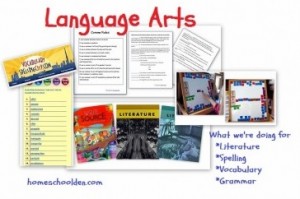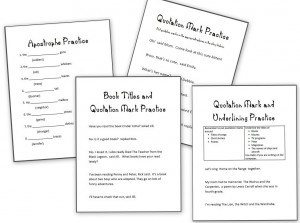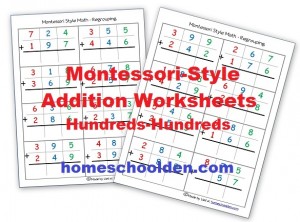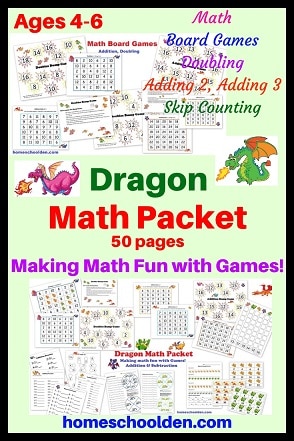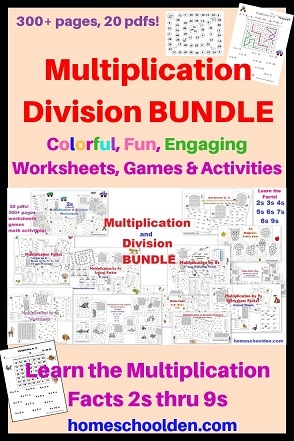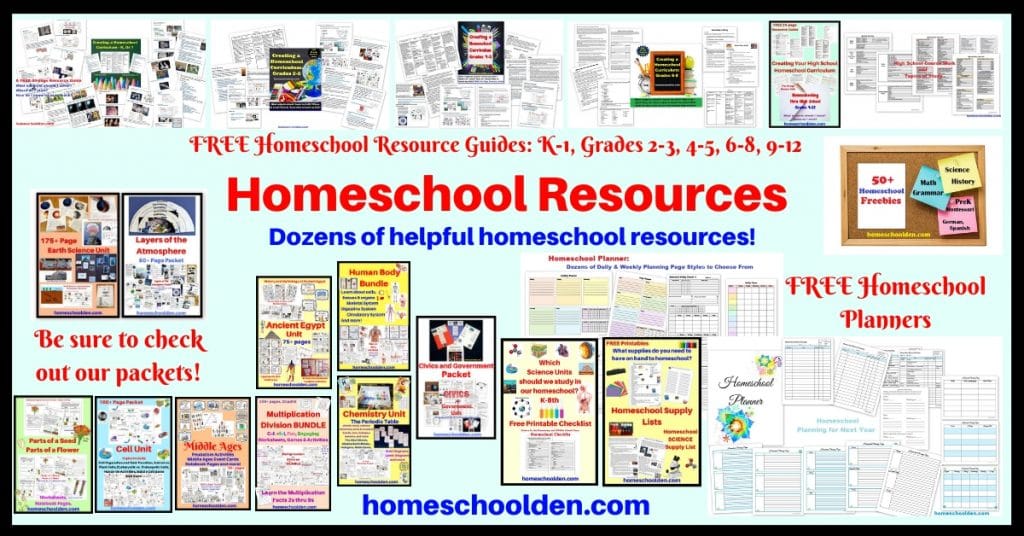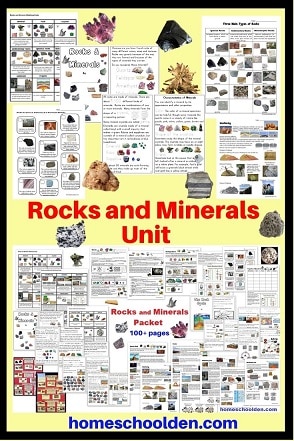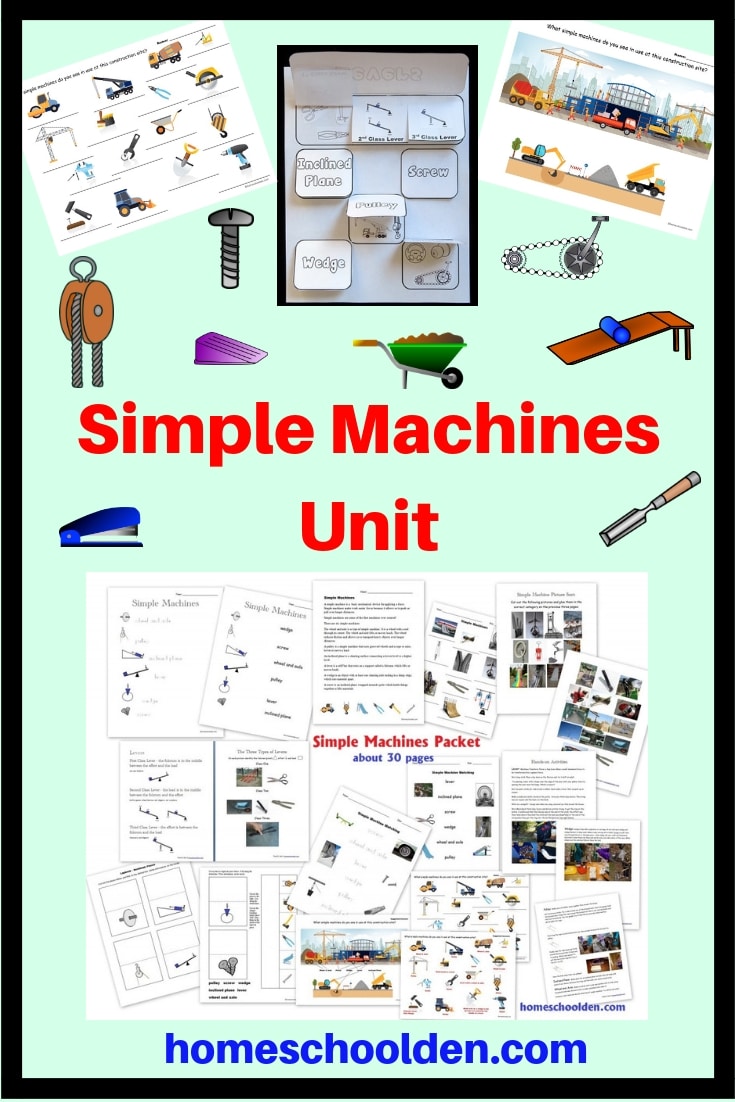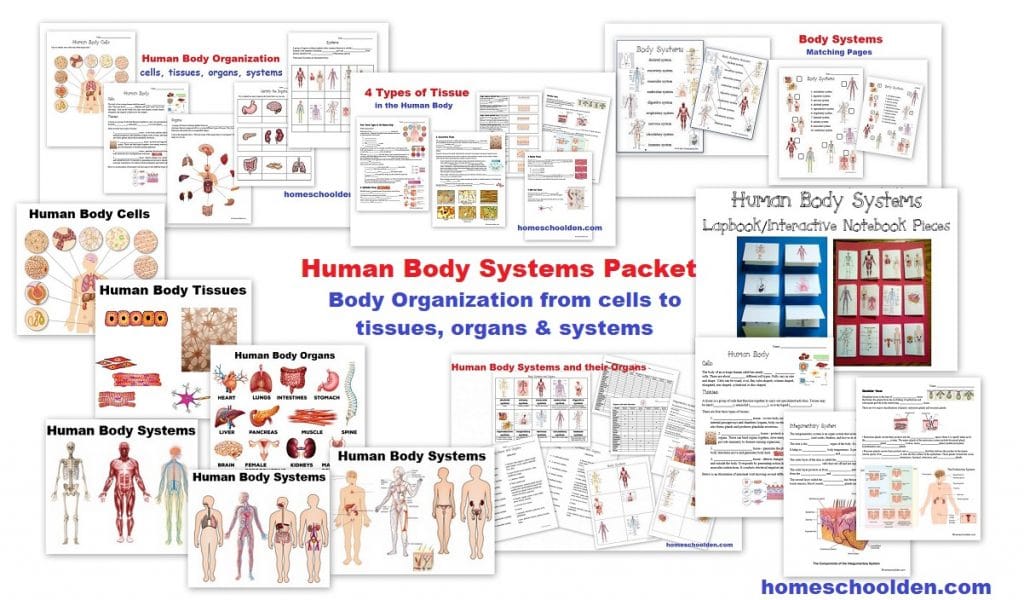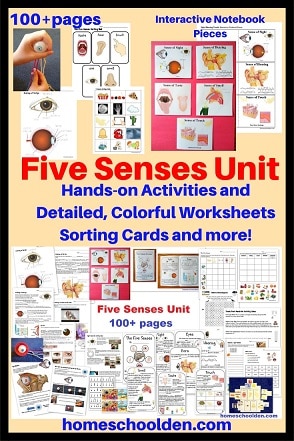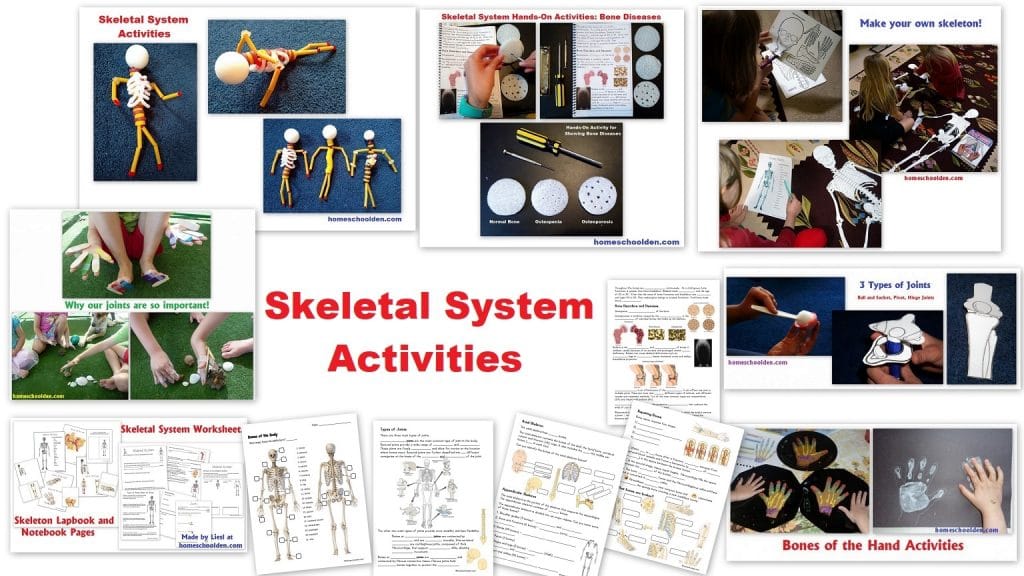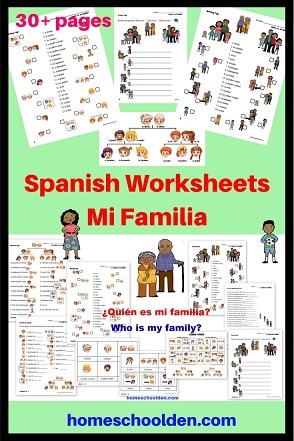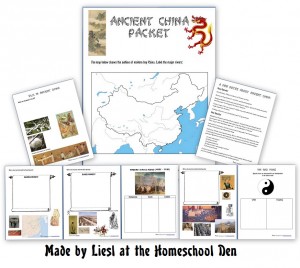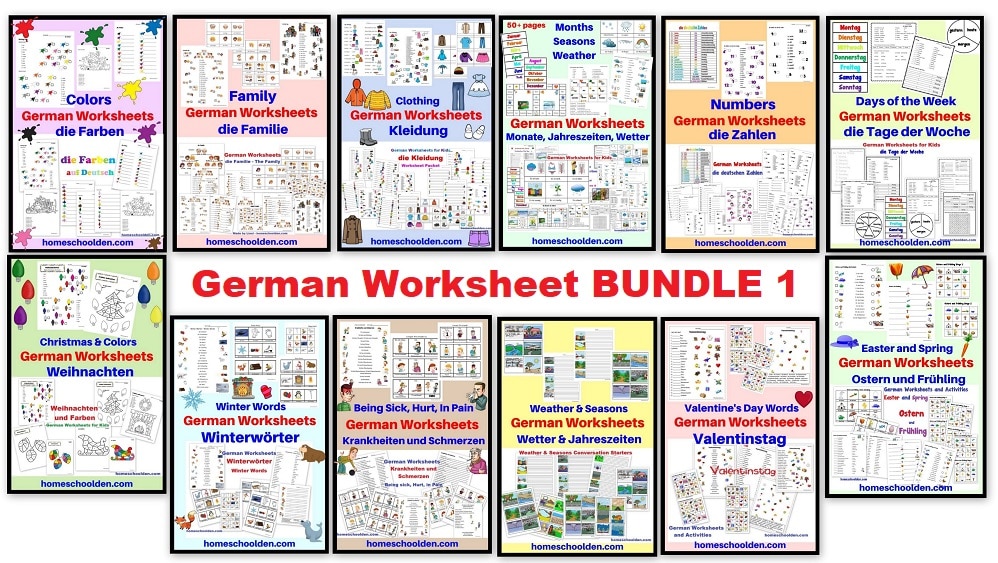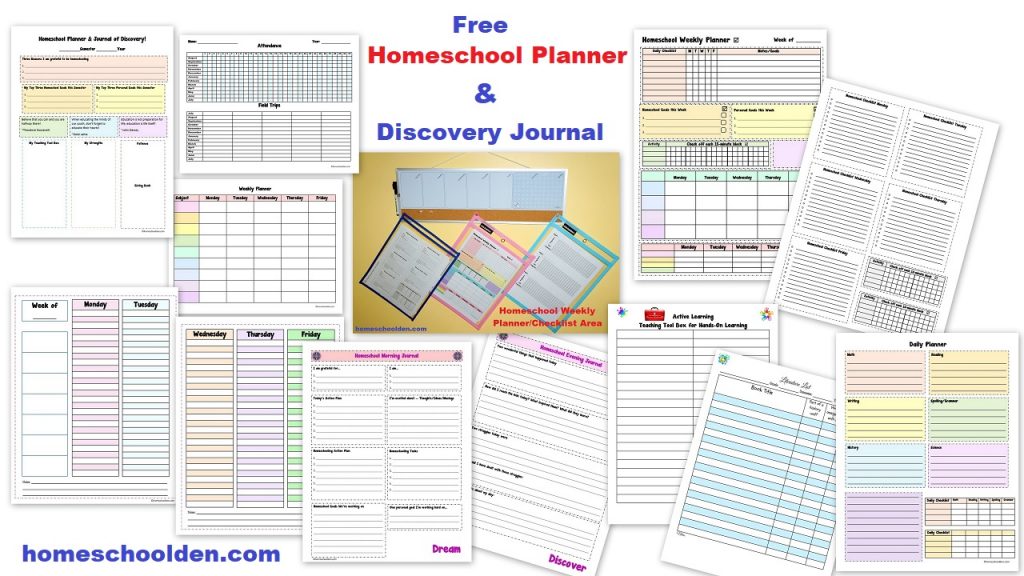Author: Liesl - Homeschool Den
Enjoy this one minute video about our Simple Machines Unit when we studied the lever, inclined plane, wedge, screw, pulley, and wheel & axle. I showed many of the hands-on activities we did. This unit is great for early elementary kids. 🙂 Below you’ll find links to everything included in the video: links to the hands-on activities and for the Simple Machines Packet. Simple Machines Packet (About 30 pages) –...
Over the course of our ocean unit, the kids discovered how much our knowledge about the ocean has changed over time. Little was known about the ocean even just fifty years ago — let alone hundreds of years ago when explorers were first venturing out. We talked about early navigation techniques and in talked quite a bit about how the stars can be used for navigation. The kids can recognize...
Today, I wanted to mention a few fabulous free music resources that may be of interest if you are covering (or plan to cover) music appreciation in your homeschool. Thse include composer cards, lapbook pieces, and posters. Back a number of years ago we had some of the posters up of famous in our homeschool room. At the time, I focused on one composer a week and we listened to...
I thought the kids would enjoy talking about where the ingredients in cookies come from. This is something we talked about quite a bit when the kids were younger, but I thought they might enjoy this again. Eggs, flour, and butter are pretty easy for the kids, but vanilla and baking powder aren’t quite as obvious! The kids bake a lot these days! 🙂 This is free if anyone...
Last week we talked about the moon and ocean tides. We talked about the phases of the moon and went into detail, not only about daily tides, but what causes spring tides and neap tides. First, we talked about the effect gravity has on Earth’s waters. The moon pulls the Earth’s waters creating a bulge on one side. But, the moon also pulls on the Earth itself creating a bulge...
How do I start teaching science to my kids? This is a very different answer if your kids are K-2 than if they are a bit older. Here are some of the science topics you might want to consider if your kids are in early elementary. I put together a video of some of the activities we did when the kids were in early elementary. Some of these activities my...
We are spending some time studying the Native Americans of the West; we started with a study of the Navajo and Navajo history. I’ll share the resources we used and the free history notebook pages I made about the Navajo. About a year and a half ago, we did a unit on Native Americans. We covered the Algonquian Indians and Iroquois of the Northeast, the Cherokee and Seminole Indians of...
Cold Water Currents Experiments: We’ve been continuing on with our ocean unit. Ocean currents are affected by water density — salinity and temperature. We talked about salinity a week or so ago. Last week, we talked how temperature affects water density and movement. Let me share a couple of our activities: For our first activity, you need a paper cup or water bottle, duct tape, dye, and a clear plastic...
This time of year when the weather is a bit warmer, we love taking trips and visiting museums. Last week we went to see the beautiful debut exhibition, “Wonder.” The Renwick Gallery building had been closed for two years for renovations, but recently opened. This was the first building in the United States designed expressly as an art museum. The Renwick Gallery is part of the Smithsonian; it is free to...
This is a video post about Homeschool Science in the Elementary and Middle School Years. It highlights some of the activities and experiments we’ve incorporated in our science units over the years. How do we know what science units to cover? I created a homeschool science checklist that I think about as we move from unit to unit. I have a general goal of what I’d like for the kids...
Today I’m sharing some free comma rules grammar worksheets. The first page has the 11 common comma rules we’ve covered. There are various practice sentences on the next two pages. The kids have to place the missing commas in each sentence and must write down the rule that goes along with it. Some sentences have more than one missing comma (and so might have more than one comma rule that...
During the past couple of weeks, our family studied the Reformation. We’ve been working through the worksheets and notebook pages on Martin Luther and the Reformation in general. We had already spent a lot of time talking about the Popes (who were patrons of many of the famous Renaissance artists like Michelangelo and Raphael. (See more at this Renaissance post). And, we had already talked a little bit about the...
I made a new set of mixed math worksheets for ED. These include multiplication, division, addition, and subtraction problems. She is just starting double-digit multiplication so there are a few of those on each page as well (but only with a few problems at the bottom of each page as she catches on to the idea of carrying). There are 7 pages. These are free to download. Hope someone else...
Ocean Unit: Today, we have five hands-on activities about salinity to share with you. What is salinity? It is the measure of salts in the ocean. Why is the ocean salty? • Salts found in rocks and minerals that are washed to the sea. • Underwater volcanoes. With these experiments we explored what salinity is and why salinity is important to our understanding of the ocean and ocean currents. Why do...
